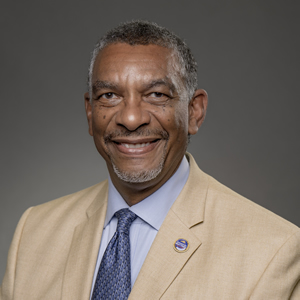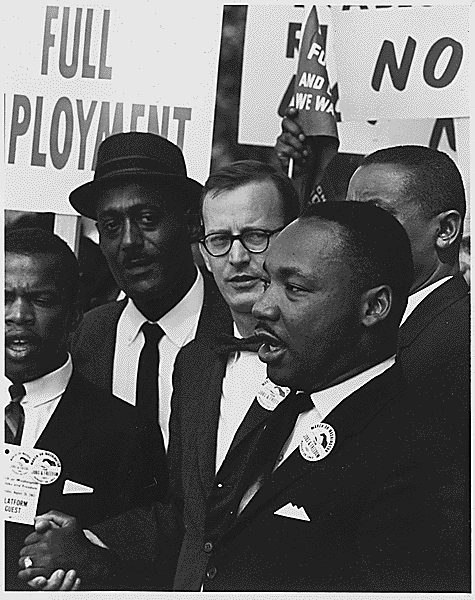President’s Message: In Dr. Martin Luther King’s legacy, there are lessons for educators
January 11, 2023

This January 16, we celebrate the life of Dr. Martin Luther King, Jr., and reflect upon his legacy as an educator.
While Dr. King is best known as a Civil Rights activist and pastor, he held strong views on education, and, like Horace Mann, saw it as the great equalizer of society. In his essays and speeches, Dr. King often characterized education as a tool for social mobility and self-actualization.
Dr. King firmly believed that by denying people of color an equitable education, America was withholding a critical tool for their economic and personal advancement. The result was chronic underemployment and low wages, poor housing and other conditions associated with poverty, like high rates of incarceration, addiction and disease.
However, Dr. King did not believe that education’s role was merely vocational or utilitarian. As a student at Morehouse College, he penned an essay for his college newspaper that provides profound insight into his philosophy on education. The thesis of that essay, simply titled “The Purpose of Education,” is that education has a two-fold function for individuals and society. He calls those functions “utility” and “culture,” but had he been writing today, I believe he would have said something more along the lines of “vocational” and “academic.”
The vocational function of education equips individuals with the necessary skills to perfect a trade, earn a living and amass wealth.
The academic function of education creates self-actualized individuals that participate in and contribute to the larger culture and government.
In a passage written in 1947, which could have been written yesterday, Dr. King laments the lack of critical thinking skills among his university classmates. He observes:
To think incisively and to think for one’s self is very difficult. We are prone to let our mental life become invaded by legions of half-truths, prejudices, and propaganda... I often wonder whether or not education is fulfilling its purpose. A great majority of the so-called educated people do not think logically and scientifically… Education must enable one to sift and weigh evidence, to discern the true from the false, the real from the unreal, and the facts from the fiction.”
As someone who works in higher education, I take his words to heart. Presently, there are millions of Americans, many with higher education credentials, who uncritically accept what they read on social media or hear on the news without examining the evidence. Most do so, not out of ignorance, but because their personal biases cloud their judgement. They look for information that confirms their own world view while discarding inconvenient facts and opinions.

Like Dr. King, I believe a good education provides a corrective to confirmation bias; it should instill intellectual curiosity, impartiality, and open-mindedness, allowing for a multitude of viewpoints and ideas.
Dr. King believed that by studying the liberal arts, students gain access to civilization’s best minds and highest ideals. This instills both knowledge and character, which is the goal of true education.
As president of the Council on Postsecondary Education, I came up with our agency’s motto, “Higher Education Matters.” This is my humble way of saying what Dr. King preached from the nation’s pulpits and lecterns.
I would not be where I am today without a college education. My father was a coal miner and farmer in Clay County, Kentucky, and my mother ended her formal education in the eighth grade. They didn’t have the resources to go to college, but that was the dream they instilled in me. I entered Eastern Kentucky University as a first-generation student hungry for knowledge – both vocational and academic – so that I could reach my highest potential and help others do the same.
In higher education, I’ve found both a career and a calling. I will continue to work to ensure all Kentuckians, regardless of race or economic status, have access to a high-quality education. For that, I have many people to thank; not least among them is Dr. Martin Luther King, Jr.

President
Last Updated: 1/11/2023
